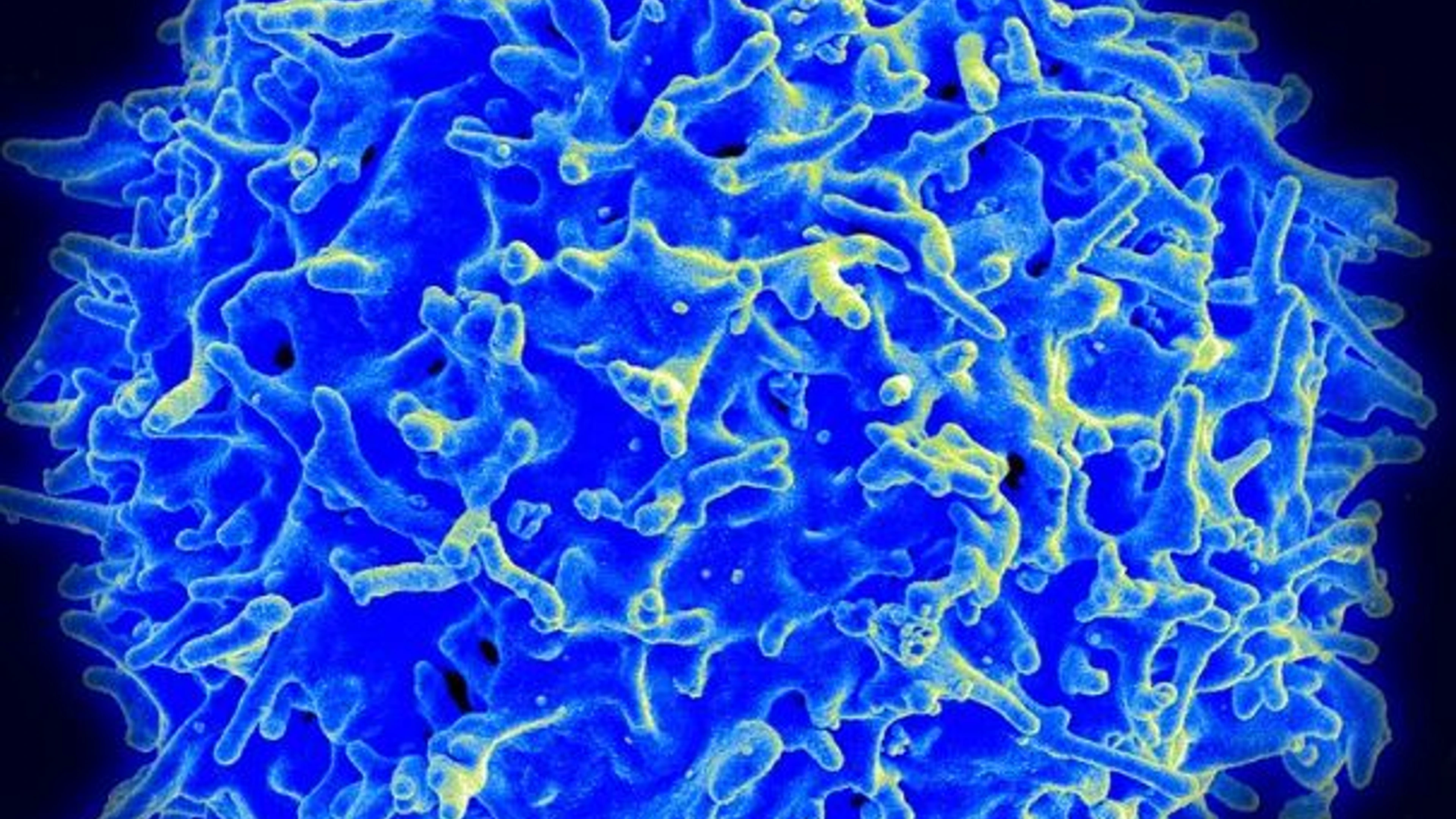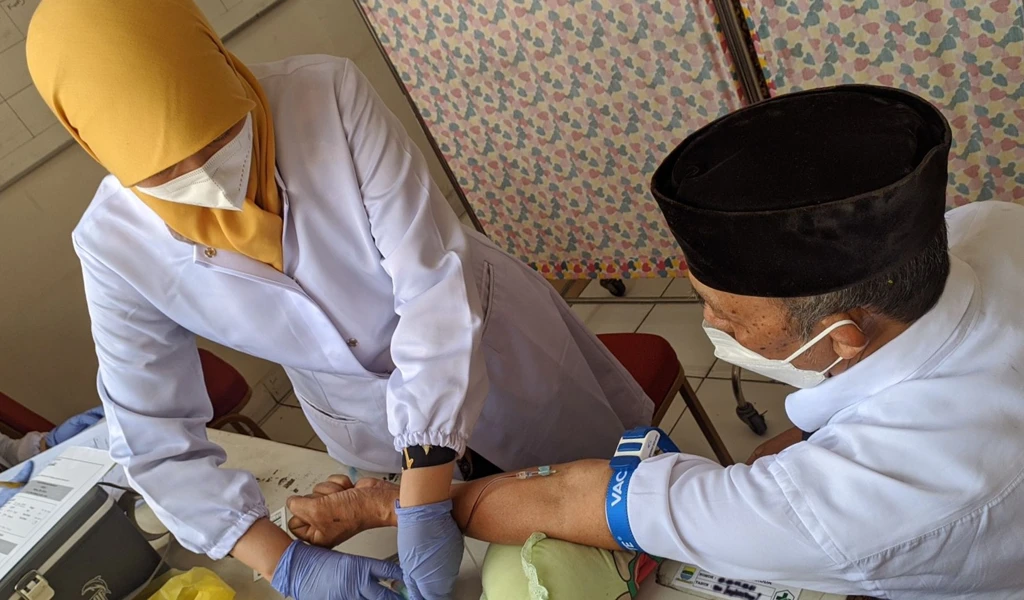Disclaimer: This blog post was posted on Friday 17 January 2020. CEPI has moved with great urgency and in coordination with WHO, who is leading the development of a coordinated international response. Since the publication of this blog post, CEPI has initiated several partnerships to improve our understanding and to develop vaccines against the novel coronavirus. The programmes will leverage rapid response platforms already supported by CEPI as well as new partnerships. The aim is to advance nCoV-2019 vaccine candidates into clinical testing as quickly as possible.
Follow our news page for the latest updates.
___________________________________
The world faces a new disease threat from a previously unknown pneumonia-causing virus in China — but the good news is scientists already have vital genetic data that will help speed the development of diagnostic tests, case detection and, potentially, a vaccine.
The decision by Chinese authorities to release the genetic sequence of the newly discovered beta coronavirus (labelled 2019-nCoV by the World Health Organization) for researchers worldwide exemplifies the transparency needed to tackle unfolding public health emergencies.
The rapid publication of genetic sequences, less than a month after the ‘mystery' disease caused the first of a cluster of pneumonia cases in the Chinese city of Wuhan, demonstrates the speed we can now achieve in identifying and characterizing new threats (by comparison, the sequencing and sharing of Severe Acute Respiratory Syndrome (SARS) coronavirus took 6 months from initial case identification in November 2002).
Understanding the genetic make-up of 2019-nCoV is vital for learning how closely related it is to SARS and Middle East Respiratory Syndrome (MERS), the other beta coronaviruses that have presented significant epidemic threats in recent years. Sequencing facilitates the development of PCR-based diagnostics, which in turn will help hospitals and public health authorities test for new cases and track the global spread of the disease. The genome data is also essential as researchers seek to fast-track work on a vaccine using cutting-edge technology platforms. Such platforms use standard components as a backbone but can be adapted to fight specific diseases by plugging in their genetic sequences as this information becomes available.
Disease outbreaks present a unique opportunity for research, but this can only happen if experts in different countries share information promptly. China's openness in this case is therefore hugely welcome.
So far, two people have died and dozens of others have been hospitalised with pneumonia in China. Over the past week, two confirmed cases have also been reported in Thailand, with an additional case in Japan. While there was no relation between cases, all three had recently visited Wuhan. With possible limited human-to-human transmission, the World Health Organization is braced for the possibility of 2019-nCoV spreading further, especially ahead of the Lunar New Year holiday, beginning on January 25, when many millions of Chinese citizens are expected to travel.
CEPI has been monitoring the situation since the outbreak was first reported and we are working closely with WHO, who is leading the development of a coordinated international response. Within CEPI, we have convened our response steering committee to explore how we can contribute to the global effort to better understand and fight this disease. Our Scientific Advisory Committee has met twice and advised that we take early steps in vaccine development in case the situation worsens, and we have kept the Executive and Investment Committee of CEPI's Board apprised of both these recommendations and developments more generally.
While additional investigation into 2019-nCoV is now needed to ascertain transmission routes and the source of exposure, the decision by the Chinese Center for Disease Control and Prevention, the Chinese Academy of Science and the Chinese Academy of Medical Science to share the genome sequence of the new virus with the world is a model for how scientists and government agencies must collaborate to tackle future disease threats.
Read more:
World Health Organization has produced interim guidance on a range of topics to help countries manage the new coronavirus: www.who.int/health-topics/coronavirus
Outbreak response as an essential component of vaccine development (The Lancet): www.thelancet.com/journals/laninf/article/PIIS1473-3099(19)30305-6
The full genome of 2019-nCoV is available on the NIH genetic sequence database, GenBank and in the Global Initiative on Sharing All Influenza Data (GISAID) portal.



